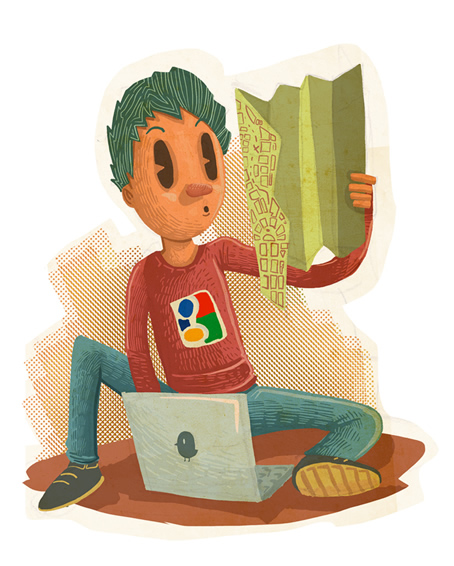Most marketing activities have an intrusive character, in other words, they are developed regardless of the opinion of the consumer. Moreover, are often based on unilateral communication processes in which the communication parameters are not defined by the person who receives the communication. For example, the advertisement on television is broadcast at a time chosen by the marketing executive who also decides about the duration and content of the message.
But within the mass marketing always work this way results in a loss of effectiveness in the marketing action be developed and consequently a loss of profitability. This happens because a large part of the audience does not form part of the target market and also because the content of a message is never attractive or relevant for all this target market. Inside of this market can be people with different attitudes, lifestyles and demographic characteristics that define the type of communication and message to convey.
Following this comes the permission marketing, which aims to end the interruptions that suffers usually the consumers as a result of the conventional advertising (Interruption Marketing). The permission marketing offers consumers the opportunity to give their permission to receive communications that are of interest, while the Interruption Marketing becomes the enemy of the person who wants to save time and becomes mass marketing that no difference or the audience it addresses and the products offered, while the permission marketing becomes what is now called relationship marketing.
That is why one of the most significant differences between these two types of marketing are permission and attention: a person who has demonstrated an interest in certain information and also give us their permission to send them more, it is more likely that they will want to buy the product or service offered. Permission Marketing guarantees that consumers will pay more attention to the marketing message, as it is something that really interests him. Furthermore, Permission Marketing encourages consumers to have a long-term relationship with the advertiser, as they will be rewarded for this relationship: the messages are personalized, relevant and eagerly expected.
The following factors are decisive in getting permission from consumers:
– Opt-in: the consumer gives their express consent to receive information, whether commercial or not.
– Relevance: the more relevant a product or service is to a consumer, it will be higher the probability to authorizes us to communicate with him.
– Incentives: It is essential to reward people by gifts as a reward for the concession of the license (points redeemable for products, money, discount vouchers, etc.). This, at the same time, requires a continuous change and creativity on gifts, since the effect appears frequently tired and competition can overtake.
The permission marketing is about getting people information, with their permission and find in them a benefit rather than market share.


